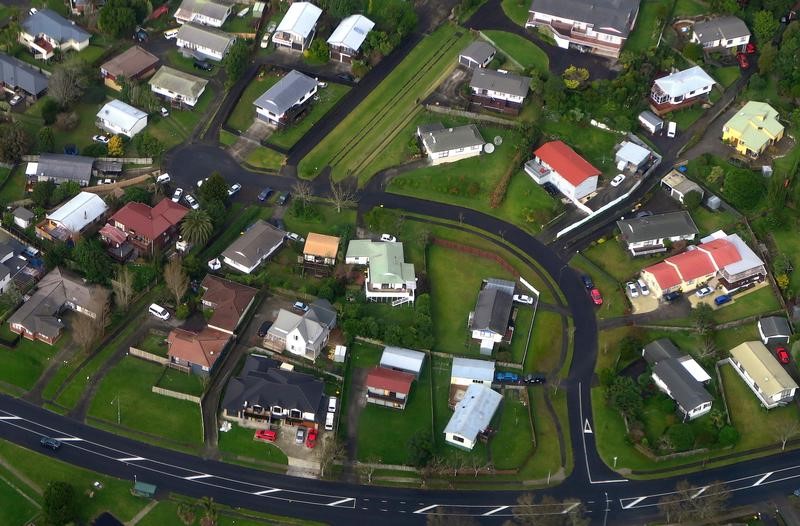(Bloomberg) -- In her government’s second budget, dubbed the “Wellbeing Budget,” New Zealand Prime Minister Jacinda Ardern has increased spending on infrastructure and social initiatives but cut surplus forecasts after economic growth slowed. Here are the winners and losers.
WINNERS:
Mental Health
New Zealand has one of the highest youth suicide rates in the world. The government today announced a NZ$1.9 billion mental health package to help the one-in-five New Zealanders it says experience mental health or addiction challenges. It includes the establishment of a universal frontline mental health service that is expected to help 325,000 people with mild to moderate needs by 2023-24. “For me, the issue of mental health is deeply personal,” Ardern said. “Almost all of us have lost friends or family members.”
Children
The government announced a NZ$1.1 billion investment to help vulnerable children and NZ$320 million to address New Zealand’s “shameful domestic violence record.” It also published its first Child Poverty Report to chart its progress in reducing child poverty, an issue championed by Ardern.
Welfare Recipients
Welfare recipients will be allowed to earn more before their benefit reduces, and from April 1 next year benefits will be indexed to average wage increases.
Railways
More than NZ$1 billion will be invested in the rail network, including in new locomotives and wagons, to aid the transition to a low-emissions economy.
Workers
Nominal wage growth is forecast to remain above 3% over the forecast horizon.
Hospitals
NZ$1.7 billion will be invested in hospitals over two years.
The Economy?
This one is debatable. The government has ramped up operational and capital spending, which it expects to boost economic activity. Growth is projected to accelerate to 3.2% next year from 2.1% this year. However, the Treasury predicts the fiscal impulse will quickly wane and turn negative in 2021, meaning government spending is no longer a net boost to growth.
LOSERS:
Home Owners
The boom in prices that home-owners have enjoyed in recent years is well and truly over, according to the budget. It forecasts house-price growth will slow to 2.9% in 2019 and linger around 4% through 2022. Still, that outpaces inflation, which is forecast to sit at around 2%.
Teachers
The government remains deadlocked in a wage dispute with teachers, who held nationwide strikes yesterday. There is nothing additional for them in the budget, though NZ$1.2 billion has been allocated for a 10-year school property modernization program.
Government Coffers
The government lowered its forecasts for budget surpluses from next year onwards. It now projects a surplus of NZ$1.3 billion next year compared with NZ$4.1 billion just six months ago.
